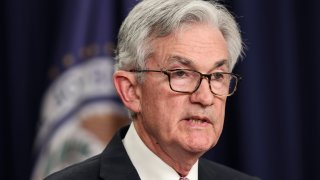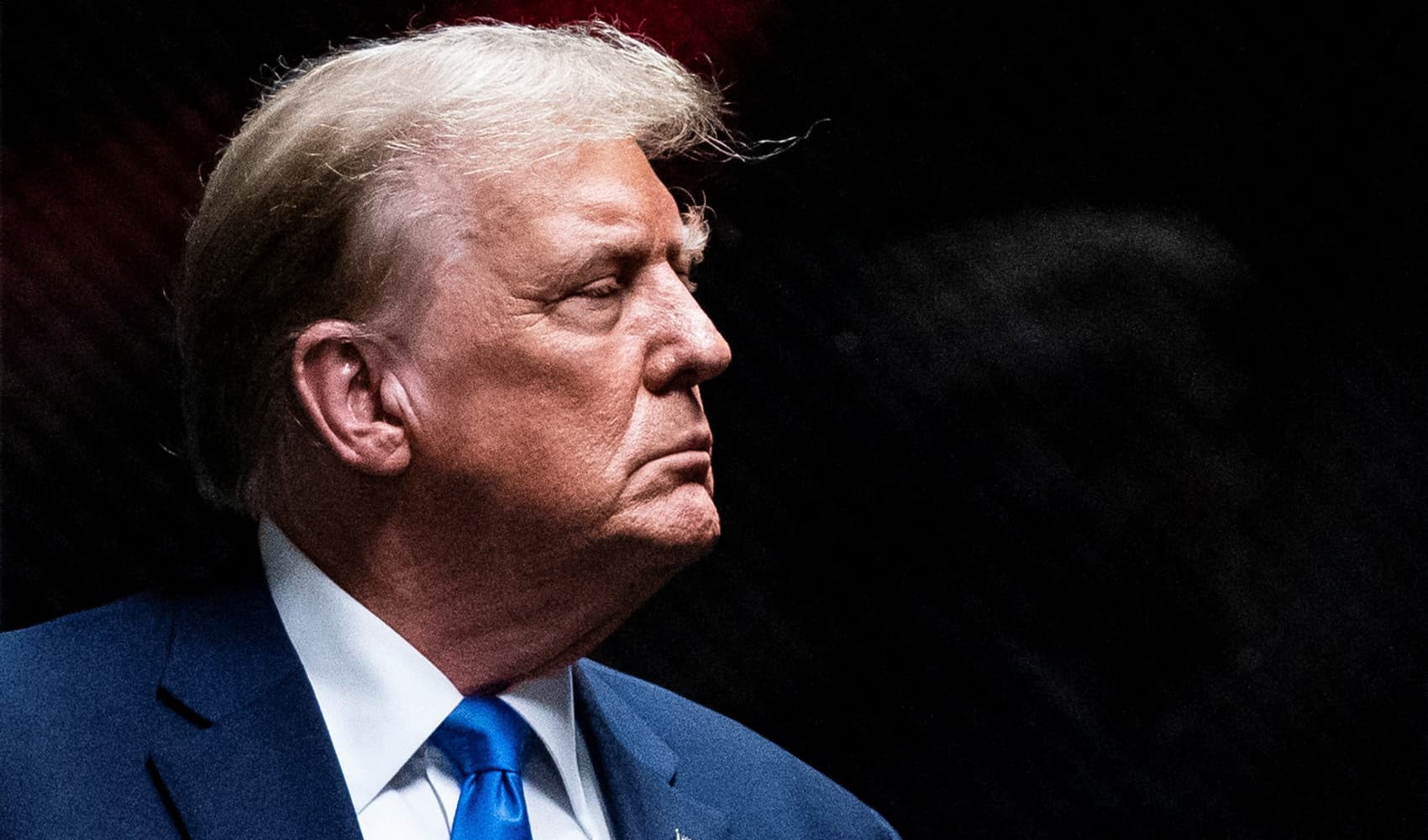
Volcker or Vulcan?
Whom should the Fed emulate today?
With a consistent chorus of economists, ex-policymakers and businesspeople calling on Federal Reserve Chairman Jerome Powell to crush inflation now, they are panicking as if today's inflation is the exact twin of what plagued the U.S. economy some 40-plus years ago.
The comparison is, in the words of a well-known Vulcan, illogical.
Get Tri-state area news and weather forecasts to your inbox. Sign up for NBC New York newsletters.
Powell nearly admitted as much on Wednesday when he said some of the inflation currently being generated, at home and abroad, is well beyond the Fed's control.
I have argued that almost all of it is and that aggressively tightening credit conditions, by both raising interest rates and launching Quantitative Tightening (QT), the Fed is overreacting to the long-term risk posed by short-term effects.
I've also argued that today's inflation is much more like a post-war phenomenon than a series of adverse shocks that hit the economy from the late 1960s until the early 1980s.
Money Report
At that juncture, then-Fed Chairman Paul Volcker enacted record-setting rate hikes that drove short rates above 20% and long rates above 14%. That was a logical response to the better than decade long build-up of inflationary pressures that was a multi-factor phenomenon.
In my Volcker vs. Vulcan scenario, a more sober assessment of today's inflation would attempt to measure risk versus reward and causation versus coincidence.
The enduring nature of the pandemic, now largely affecting China's economy and further disrupting global supply chains far beyond what was once a reasonably expected, is at the very root of the elevated prices we see today. This is a domestic Chinese policy issue first and a global economic and foreign policy question second.
In addition, the Russian invasion of Ukraine has unexpectedly, and massively, reduced the output of energy and food supplies globally, leading to yet another supply shock resulting in higher prices abroad and here at home.
That won't end until this war is over and it won't be solved by any central bank.
It's been noted, of late, that American grocery bills are going up for meat and poultry as well.
It's not just higher feed prices, or a lack of fertilizer, pushing up the prices of meat and vegetables — an outbreak of bird flu is reducing the supply of chickens, making even the most affordable of meat substitutes less costly than it was only a few months ago.
And as for wage inflation, by the Fed's own admission the cost of labor is rising only in part because of increased demand for consumer goods and services.
Chair Powell noted that there are currently 11.5 million open jobs in the U.S., nearly double the number of unemployed workers — another shortage due, at least in part, to pandemic-related issues.
Against that backdrop, it now appears the Fed is, however, hell-bent on pushing the economy to the brink of recession and pushing the unemployment rate up to relieve inflationary pressures that, to me, remain transient, in the broadest of terms.
And I don't mean that those pressures will abate in a matter of months, but as in prior post-war periods, inflation falls as supply returns, even against a backdrop of rising demand.
It is entirely illogical to believe that aggressive tightening will shorten the lockdowns in China, end the war in Ukraine, produce over four million American workers out of thin air, or even cure our chickens before they hatch.
I don't know of anyone, outside of St. Louis Fed President James Bullard who seriously believed the Fed would raise rates by three-quarters of a percent in this tightening cycle. As we saw on Thursday, the belief that there was relief was a fatally flawed construct.
While logic dictates that the Fed gradually normalize rates and, one day, reduce size of its balance sheet, it's becoming extremely clear that the Fed intends to create a recession, not avoid one.
If forced to choose between Volcker's approach to today's inflation, or a Vulcan's, I'll go with Mr. Spock every time.
Volcker was justified in driving the economy into a deep downturn to conquer imbedded inflation in 1980, even though those actions led to several adverse events, like the Latin American debt crisis, that ultimately forced him to reverse course and ease.
Logic dictates the Fed not try that again, not today.
The economy is already beginning to slow. The dollar is rising rapidly and there will be a price to pay for misidentifying the root cause of today's economic problems.
The very notion of engineering a recession to reduce normalized demand in order to meet drastically reduced supply causes me to raise an eyebrow and insist that "This is highly illogical, Captain."






